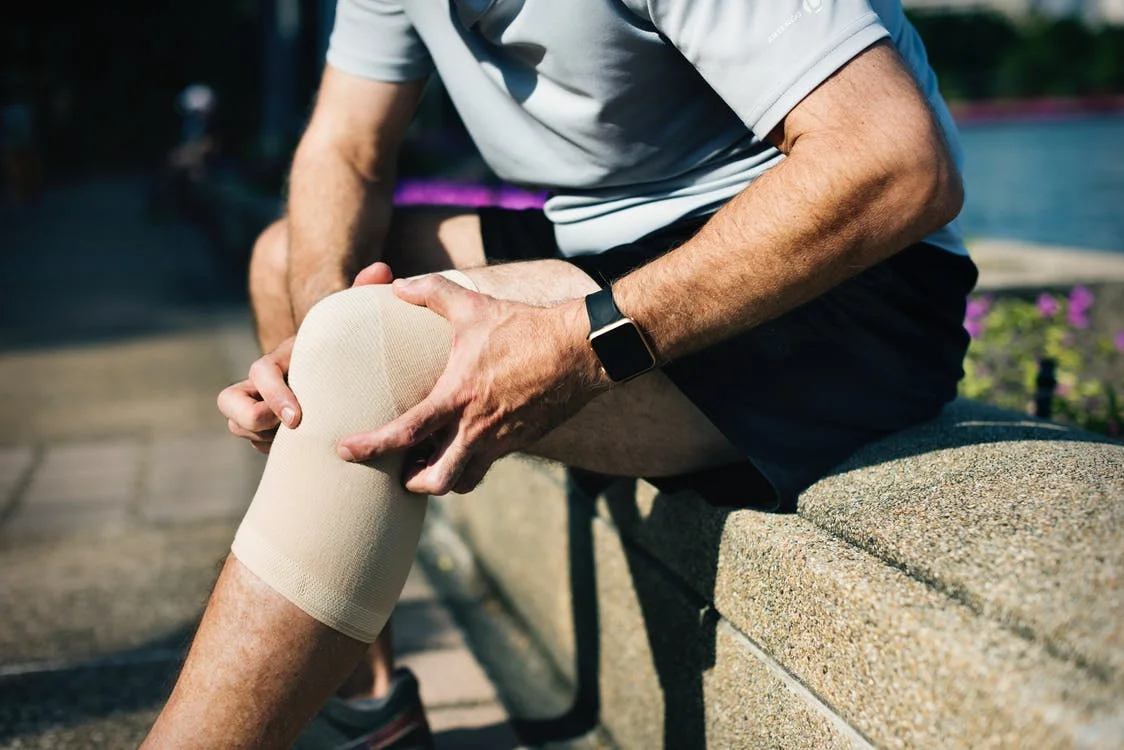How can we help?
At Supreme Movement ESC we will assess, prescribe, supervise and continually monitor the designed exercise and lifestyle intervention to achieve optimal health outcomes for individuals with a range of pathological conditions. We collaborate closely with general practitioners and/or other healthcare team members to ensure a multidisciplinary approach is taken, and only apply the best practice guidelines and latest literature to guide all exercise prescription.
We provide support and motivation at every step of the way, and customise our approach for each patient’s intervention based off the initial assessment findings. Research shows that the correct prescription of exercise intensity and duration not only improves quality of life, but also reduces the risk of developing a range of chronic conditions including Type 2 Diabetes, Cardiovascular Disease and Dementia.
Our Key Services
Athletic Development
We work with a diverse range of athletes from entry to elite level to support and maximise potential in their chosen field. Prior to treatment we ensure a thorough understanding of the demands and predominant bio motor qualities of their sport. In conjunction with screening the athlete, we take this information into consideration to develop an exercise program that we believe optimises the individuals’ resilience and performance.
All athletes are educated on movement efficiency/quality and learn how to control their body in space. Strength is the foundation of all bio motor qualities, with which other qualities can then be developed eg power, speed, and work capacity.
We work with many field based athletes and have a large emphasis on building a mandatory strength base, demonstrating neuromuscular control, as well as optimising jumping, landing, and deceleration mechanics.
Chronic Disease Management
It is now estimated that chronic disease affects over 50% of all Australians based off the latest national Health Survey. Chronic disease imposes substantial health burden impacting the individual’s wellness, work productivity and subsequent health system costs associated with their condition.
Accredited Exercise Physiologist (AEP) play a pivotal role in the management of chronic disease by tailoring services to the severity of the disease and whether comorbidities exist. They have been proven to enhance the effectiveness of alternative medical treatments for a range of chronic conditions.
AEPs will provide greater benefits than unsupervised exercise or exercise supervised by non-university qualified professionals that is not structured and individually tailored to the characteristics of the participant.
For example:
a systematic review by Rosenbaum et al (2015) reported that there is clear evidence from trials in other clinical populations such as type 2 diabetes, and reviews in populations with mental illness demonstrating superior outcomes from structured, supervised and progressive exercise compared with non-structured, unsupervised interventions;
Callaghan et al (2011) showed that clinical exercise interventions were significantly more effective in reducing depression than other exercise interventions. These findings have been reinforced in other reviews (e.g. Schuch et al, 2016b); and
Chien et al (2010) concluded that clinical exercise interventions were effective for improving health related quality of life for heart failure patients, whereas home-based, non-supervised exercise was not.
Musculoskeletal Rehabilitation
We work with a range of musculoskeletal conditions including hamstring/calf strains, lateral/medial epicondylitis, discogenic/mechanical spine pathology, and achilles tendinopathy.
AEPs specialise in supporting pre and post-surgical rehabilitation patients including ACL reconstruction, total knee/hip replacements, and soft tissue repair (eg rotator cuff repair). Research supports the implementation of AEP led interventions prior to surgery, showing patients who engage have reduced recovery timeframes and return to full function must sooner.
We educate all clients on the stages of healing, the affected structure, the efficacy of the exercise treatment, and how to embed their rehabilitation into ADLs to maximise compliance/adherence.
Injury prevention/reduction
Whether you are an immobile office worker, play on the sports arena or are an active tradesman - injuries can develop leading to time on the sidelines, an inability to complete daily tasks or even lead to time off work.
We understands the importance of implementing injury reduction programs and the abundance of research supporting them. Injury rates in young athletes continue to be on the rise, with the research showing that up to 50% can be avoided with specialised programs. Injury reduction programs such as KNEE (netball), FIFA 11+ (soccer) and Footy First Program (AFL) show reductions in injury risk and also improve performance outcome measures.
We educate our athletes and local coaches with this information informing them that these programs not only reduce injury risk, but also improve athletic performance, leading to greater individual and or team success.








